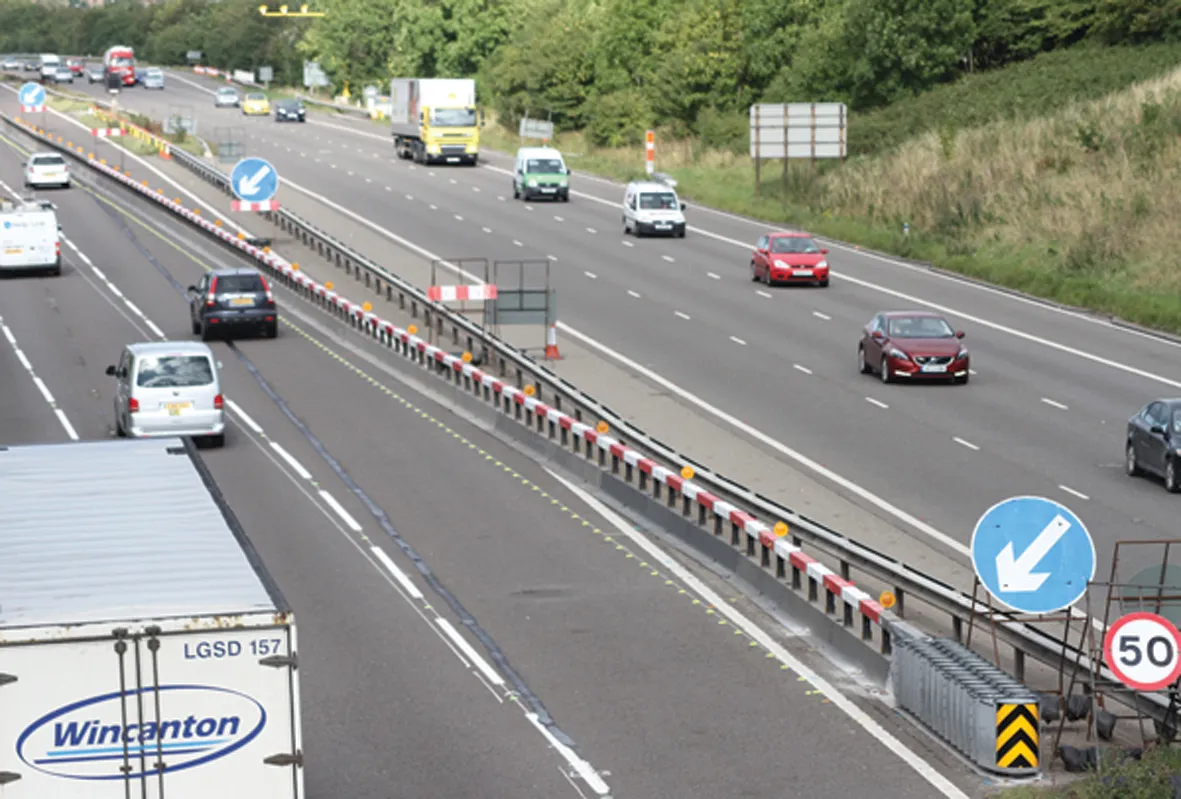RSSThe US state of Oregon’s new pay-by-the-mile road usage charge program, OReGO, took a step forward last month with the announcement that three private business partners are ready to go.
“Oregon is pioneering the nation’s first pay-by-the-mile road usage charge system,” said Jim Whitty, manager of the
Up to 5,000 volunteer participants in OReGO, which was created in 2013 and begins on July 1, will be charged a per-mile fee. They then receive either a credit or a bill for the difference in fuel taxes paid at the pump.
Several states, including Washington, California, Idaho and Colorado are considering similar pay-by-the-mile road usage charge systems. California - facing an annual $5.9 billion backlog in state highway repairs - recently enacted legislation to start a pilot of its own.
Washington State has studied road usage charging over the past three years and is moving to a demonstration test that may also test inter-jurisdictional exchanges of mileage information and interoperability between states.
Oregon: ready to go with OReGO
The US state of Oregon’s new pay-by-the-mile road usage charge program, OReGO, took a step forward last month.
June 23, 2015
Read time: 2 mins









